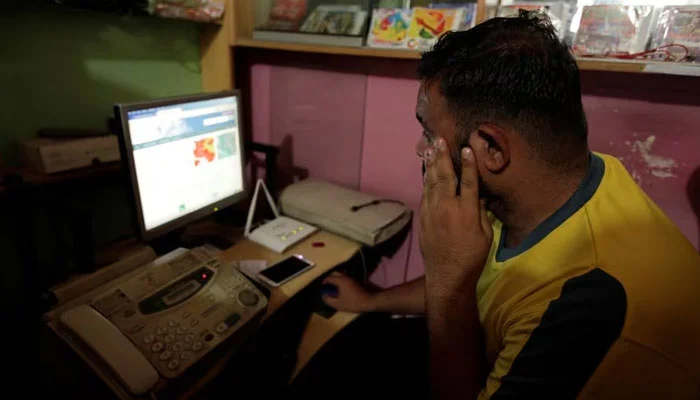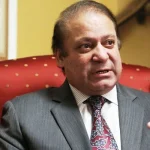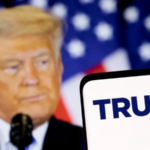Murtaza Solangi, the interim minister of information, rejected the idea of blocking the internet on February 8, a day when over 128 million people are anticipated to exercise their constitutional right to vote for representatives.
Speaking on a private television channel, Solangi stated that, given the state of peace and order, local administrations are able to determine whether to shut down the internet. That being said, he emphasized that no such incident has been observed as of yet.
In the lead-up to the next general elections, the nation has had numerous internet outages, most notably on December 7 and 17, and then again on January 20 of last month. His comments coincide with these occurrences.
Concerns about potential internet outages on election day have arisen because the government has not provided clear explanations for any of the internet disruptions, with the exception of the one on January 20 that the Pakistan Telecommunication Authority (PTA) described as a “technical fault”.
On Sunday, the acting Minister of Information for Balochistan, Jan Achakzai, declared that on election day, internet access will be temporarily blocked at the province’s key polling places.
“Ensuring the safety and security of ordinary citizens is of utmost importance, as there is a concern that terrorists may exploit social media platforms such as Facebook, Twitter, and other similar channels for communication purposes,” Achakzai stated in a statement.
Chief Election Commissioner (CEC) Sikandar Sultan Raja also ruled out any chance earlier this week.
Raja stated, “No proposal for internet shutdown on election day is under consideration,” following a thorough meeting of the ECP regarding security protocols and safeguards following terrorist attacks that targeted electioneering operations.
The minister elaborated on these possibilities, referring to security threats as a “serious issue” and emphasizing that extraordinary circumstances called for extraordinary responses.
Regarding the potential of an election delay, Solangi rejected it, pointing out that there have been times in the nation’s history when polls were conducted under challenging circumstances.







